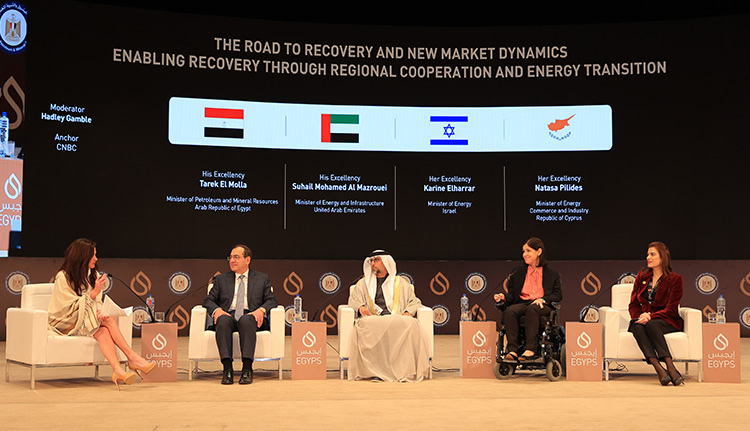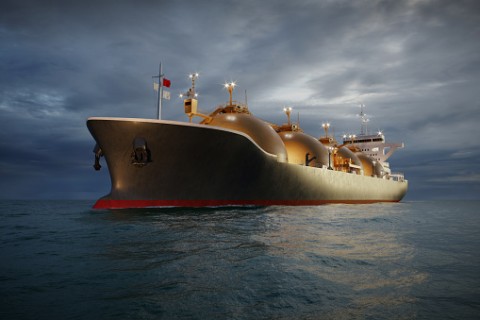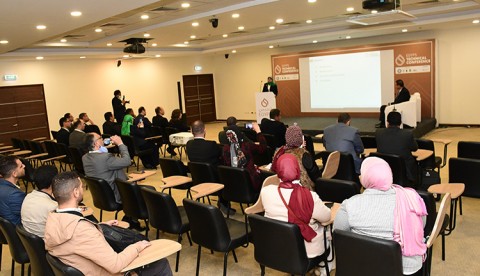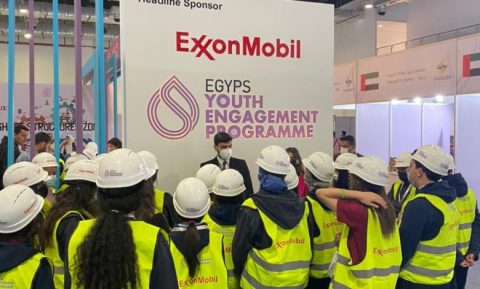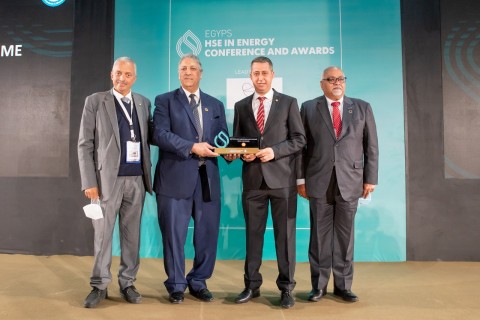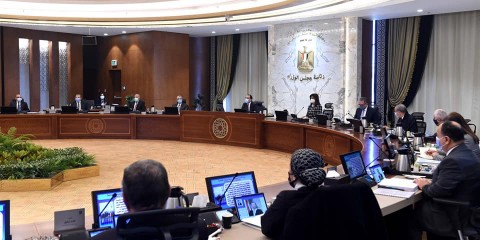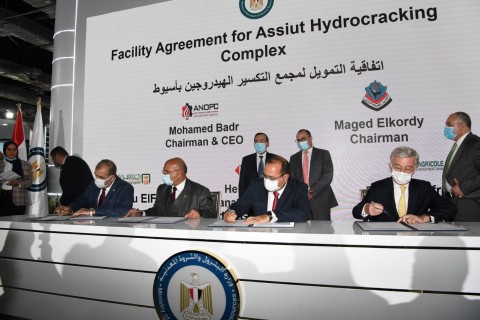EGYPS Strategic Conference on the first day drove high-level dialogues promoting international cooperation with energy majors, industry organisations and governments to create a connected, monetized and decarbonized pathway for the region’s emerging markets and deliver upon the energy needs of today.
The conference witnessed the participation of six energy ministers, namely: Cyprus, Jordan, Greece, Yemen, Israel, and the United Arab Emirates (UAE). The conversations were also led by representatives from the Organisation of the Petroleum Exporting Countries (OPEC), Organisation of Arab Petroleum Exporting Countries (OAPEC), the Eastern Mediterranean Gas Forum (EMGF), the Union for the Mediterranean (UfM), African Petroleum Producers’ Organisation (APPO), the Gas Regulatory Authority, and the Mediterranean Energy Observatory.
The first ministerial and policy panel discussion hammered on the new industry landscape, which is no stranger to cyclical downturns. The discussion, which highlighted the road to industry recovery through forward looking cross-border cooperation, witnessed the participation of H.E. Minister of Petroleum and Mineral Resources Tarek El Molla, H.E. Minister of Energy and Infrastructure of the United Arab Emirates Suhail Mohamed Al Mazrouei, H.E. Minister of Energy Israel Karine Elharrar, and H.E. Minister of Energy, Commerce and Industry Republic of Cyprus Natasa Pilides.
Aside from cross-border cooperation, the first and most anticipated question that the panellists delved into was whether we are going to see oil prices of over $100 per barrel or not. For El Molla, it seems likely although he hopes that prices do not jump to these levels. The Emirati minister attributed what is driving prices in an upward trend to the geopolitical tensions surrounding major exporting companies such as Russia and Ukraine. But he warned not to blow things out of proportion until both countries’ negotiations prevail.
As the surging prices are not necessarily linked to production, panellists agreed that cooperation is key in overcoming any tensions, spearheading the road to recovery. “On the regional basis, we hope to have the Eastern Mediterranean as the major exporter of natural gas, so it doesn’t depend only on Egypt,” El Molla said, adding that in the context of the East Med countries, maximising and optimising regional resources ensures that gas is monetised while existing infrastructure utilized.
